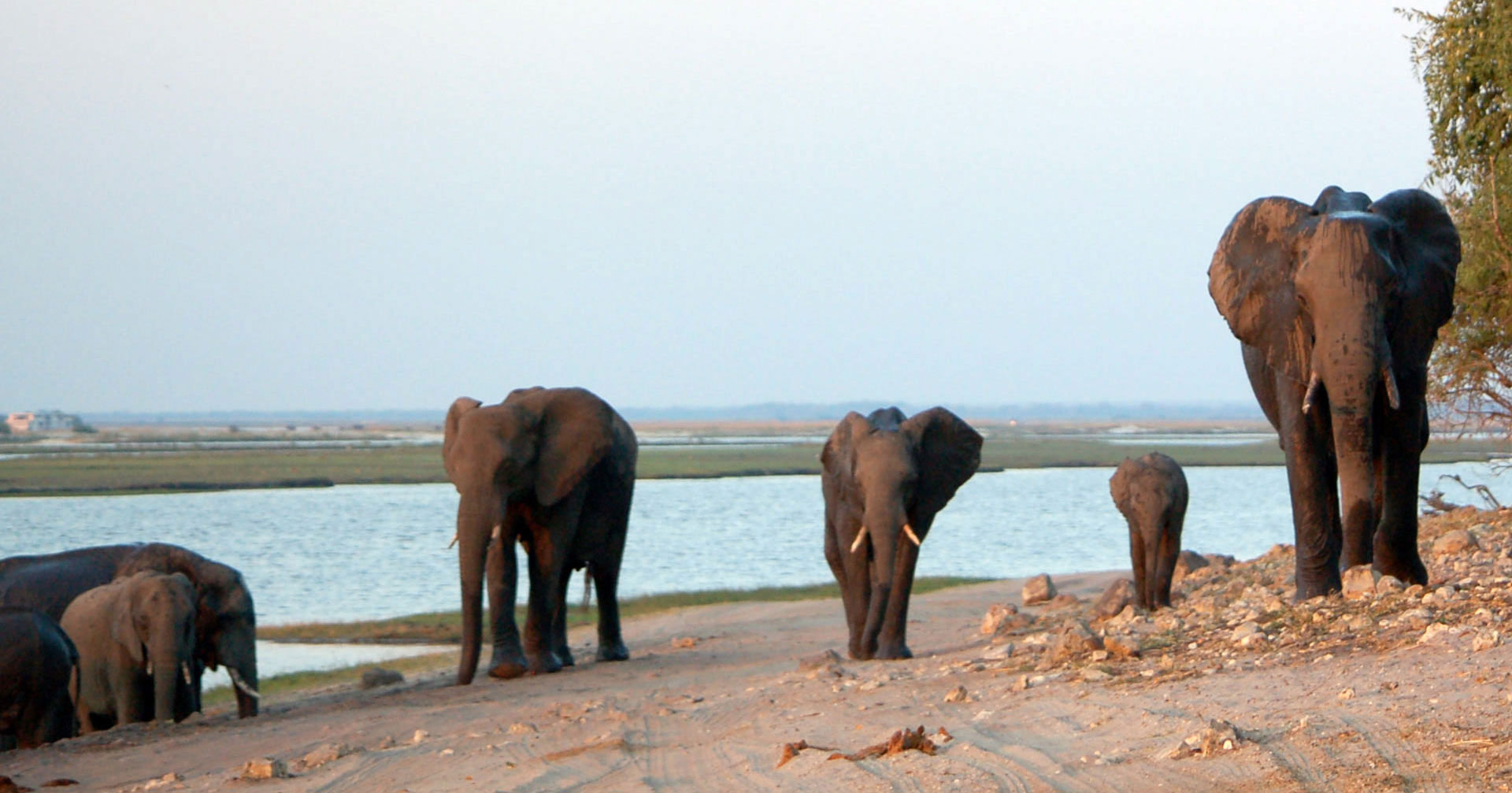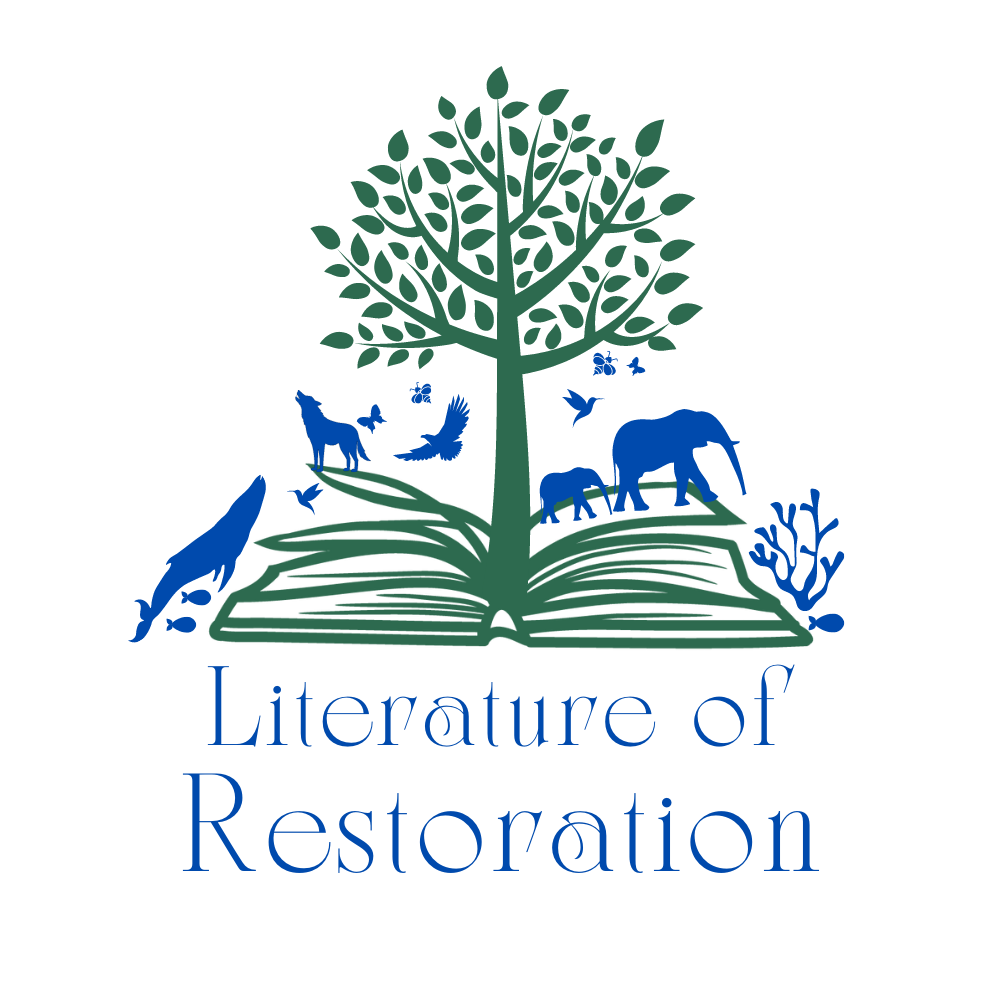Council and Daré
From A Conversation about Council and Daré – March 12 2012
Maybe the few conditions we set for Council during Daré might be useful here.
Council addresses a question or situation rather than answering it. For example: Successes and failures at being a peacemaker. Or what is 2012 asking of you?
The first task is to listen from the heart and respond from the heart. Listening is more important than speaking. Allow a space between comments to truly take in and integrate what was said.
No cross talk. No arguments. No disagreements or agreements. No citing of others’ authority to prove a point. No trying to convince anyone of anything. We value diversity and so honor each person’s contribution to the wisdom of the circle.
Finally, we speak in story, that is speak from personal experience, anecdote, event.
No opinions. Ideas, yes, of one’s own, that are embedded and so verified by the story. It took us the better part of thirteen years to integrate this way of speaking so that by now newcomers to Daré understand the way just by being present in the room. Then we sit with the stories that have been told for a month and are changed (not convinced) over time. The accumulation of the different stories, all the stories becoming one story of our deepest experience, is what carries us and teaches us, again, over time.
What Stories do you carry about dialogues or councils that work?
We not only engage in council at Daré and other community and communal gatherings, as our way of communicating, but I (and many others connected to Daré) live by Council, particularly this form of Council which we have developed in Topanga based on Story rather than opinion or belief. Perhaps the anticipation of Council, allows me, others, to value emptiness in advance so that we can really listen.
There was a beloved elder, John Seeley, who always cautioned us to pause and listen before we jumped to respond; now we remember him by our willingness to be still. In the stillness, other voices arise. Rather than being the one who can’t wait to respond, who has a story that she/he must tell, who prepares a response, we try to listen for other voices that may come through us, so that by the time the talking piece comes to us, an ancestor may have a story to offer through us, or a dream may need to be offered to the circle.
There is also the sacred magic of the talking piece, sometimes passing from person to person, sometimes placed on the altar or in the center of the circle, so that it is available for the one who knows deeply that he/she is to speak next. And … the love and trust that develops among us so that we speak because we want to offer something to the group, to those who are our companions on this path, this life, even though we may have just met for the first time. Offering ourselves to the group is rather different from wanting to be seen, admired, or agreed with.
I was shocked many years ago, when I read an essay by a beloved friend, an anthropologist, who repeated the phrase, “I argue…” I realized this was the academic convention. But why argue with one’s colleagues? Why not trust that one’s ideas will be happily received? Why does an academic have to prove himself or herself as opposed to openly presenting the sum of research and discover? Why not collaborate? Why not be grateful for each others’ presence?
 Here is a moment from a recent council. It was discovered to everyone’s surprise that the African American man who had been incarcerated for 18 years and was off parole for the first time in 30, and the Métis woman psychologist were both at the same prison. He had been imprisoned there. She was working there now working with serious offenders. This could have led to great clashes and conflict. But, on the contrary, they each were able to present their particular, distinct experiences to us and to each other. Each cast light on a different aspect of the prison experience. As the council / exchange developed, they concluded that they were both imprisoned and both seeking freedom.
Here is a moment from a recent council. It was discovered to everyone’s surprise that the African American man who had been incarcerated for 18 years and was off parole for the first time in 30, and the Métis woman psychologist were both at the same prison. He had been imprisoned there. She was working there now working with serious offenders. This could have led to great clashes and conflict. But, on the contrary, they each were able to present their particular, distinct experiences to us and to each other. Each cast light on a different aspect of the prison experience. As the council / exchange developed, they concluded that they were both imprisoned and both seeking freedom.
Without the stories, we would never ever have understood their experiences. Their stories and revelations were then followed by our memories of dreams about prison and freedom which had been told in this circle over the years. We came, I think, to some real knowledge from the dance between experience and dream.
Some questions fundamental to Council are: What experiences have I had that might expand your understanding of the situation or dilemma. And what do I need to see so that my understanding is broader, deeper?
Conflict is oppositional. Opinions, right and wrong, my way, your way, are narrow, limited. Dualism is just that, me, you, opposites. Council is round and full and inclusive So many perspectives and understanding are part of it. An infinite number of insights are possible
Starting with a question is the gift of Council. Then it is important to note, that we don’t answer the question, we address the question. We approach it from many different perspectives. We want to shed light upon it. Because of this, I like to think that Council is round and full and inclusive.
When we were first introduced to Daré, (which means Council) by the Shona healer, Mandaza Kandemwa, he said that when we sit in council here, the ancestors are sitting in council in their realm. That is another reason we pause before we speak. We are waiting to see if the ancestors or spirits may want to speak through us. I think we have all had the experience of hearing something come through us that we would never have thought of – yet there it is.
We also say that when we sit in Council all the beings and the elementals are in Council with us. When we do not assume that we know, but grant that other beings also know or may know more than we, humans, know then true wisdom can emerge. And … you never know when or from where the wisdom will emerge, so we give our attention to each person, so that we can be taken beyond ourselves.
Gary Deena, you and Daré might just be living now … our future. If, that is, we evolve and transition through our current cultural paradigm based on our long-running script of survivalist defensiveness. What you and the others there are doing should give pause for thought to our culture and hope for the future. This is the dream of many.


